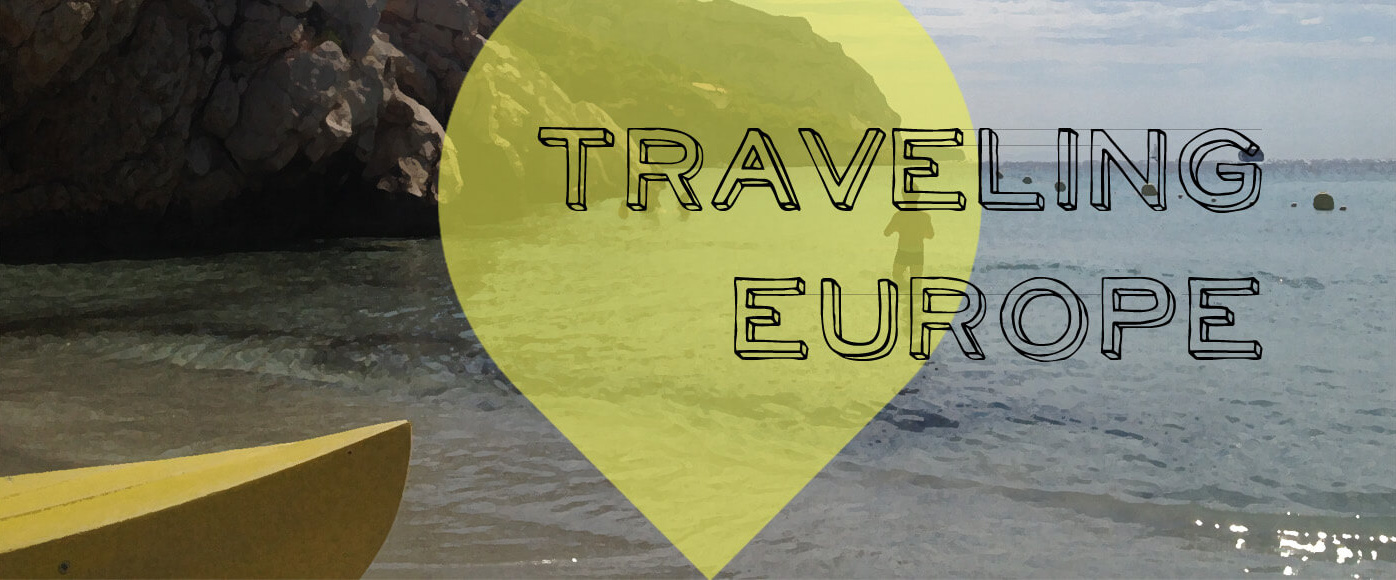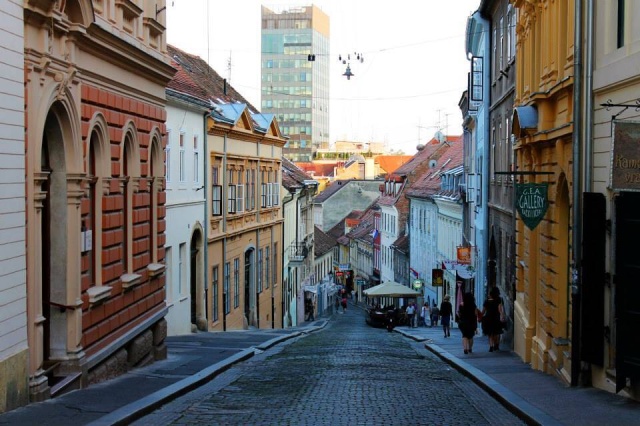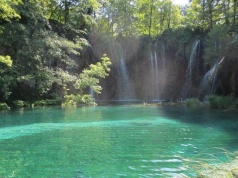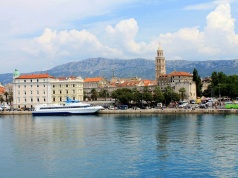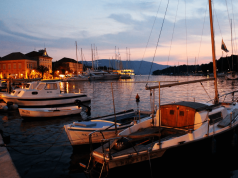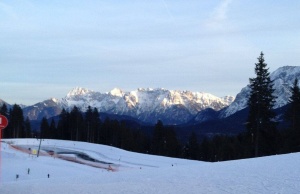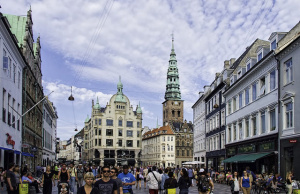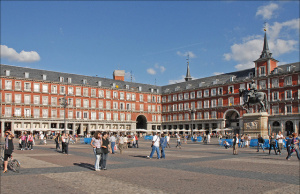The Croatian capital city of Zagreb may not be your first choice destination, especially considering the beautiful beaches on the Adriatic Sea or the historic Renaissance cities such as Dubrovnik, Split or Zadar. You may be surprised to find out, however, that this humble city actually has a lot going on!
The oldest settlement in the current metropolitan area of Zagreb was a Roman town known as Andautonia, now referred to as Šćitarjevo, dates back to the first century AD. The first mention of “Zagreb” however, appears to be from a document dating back to 1134, proving the establishment of Zagreb around 1094. At this time the city was separated into two centers: a smaller, eastern Kaptol, which housed mostly clergy and the Zagreb Cathedral and the larger, western Gradac, which was home to mainly farmers and merchants.
The two centers merged in 1851 under rule of Ban (ruler) Josip Jelačić. In honor of this, the main city square, Ban Jelačić Square, was dedicated to him.
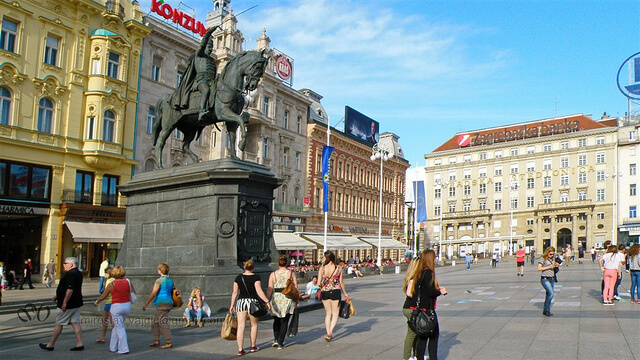
Though Zagreb is the largest city, with over 1 million inhabitants, as well as cultural, economic, cinematic, sporting and governmental hub of Croatia, is hasn’t received recognition as an attractive tourist site for many years. Due to its central location in the Pannonian Basin, it gives easy access to Central Europe and the Adriatic Coast. After gaining independence from Yugoslavia in 1991, Zagreb was declared the capital of Croatia and has been developing economically, technologically and culturally ever since.
To be completely honest, during our trip to the Balkans we chose to go to Zagreb mostly because the flight was very cheap from our departure location, rather than to visit the city specifically. Looking back, it was definitely a worthwhile stop, with many historical monuments, interesting medieval architecture, delicious food and low prices.
We also happened to be there when Croatia joined the EU in July 2013, so there were tons of festivals and our hostel owner even planned a traditional Croatian barbeque for all of us to enjoy!
When visiting Zagreb, I would recommend spending some time just walking around, enjoying the city and admiring the architecture, especially the historical part of the city to the north of Ban Jelačić Square, composed of the Gornji Grad and Kaptol, a collection of medieval churches, palaces, museums, galleries and government buildings. You can easily walk to this area or take the funicular on the nearly Tomićeva Street. Also, the 13th century St. Marks Church was really cool!
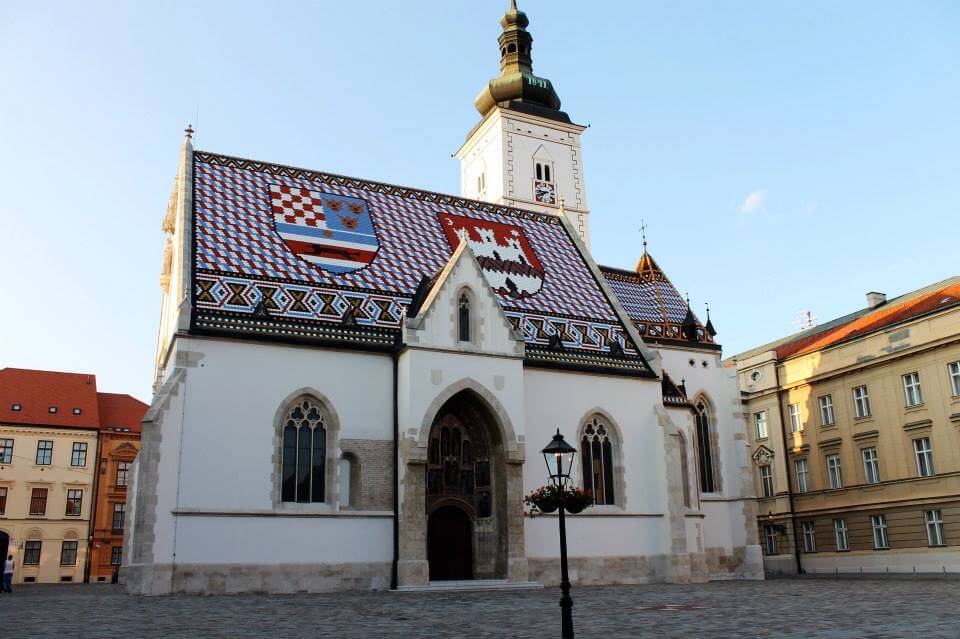
Also, don’t forget to check out the many museums that Zagreb has to offer, especially my person favorite The Museum of Broken Relationships!
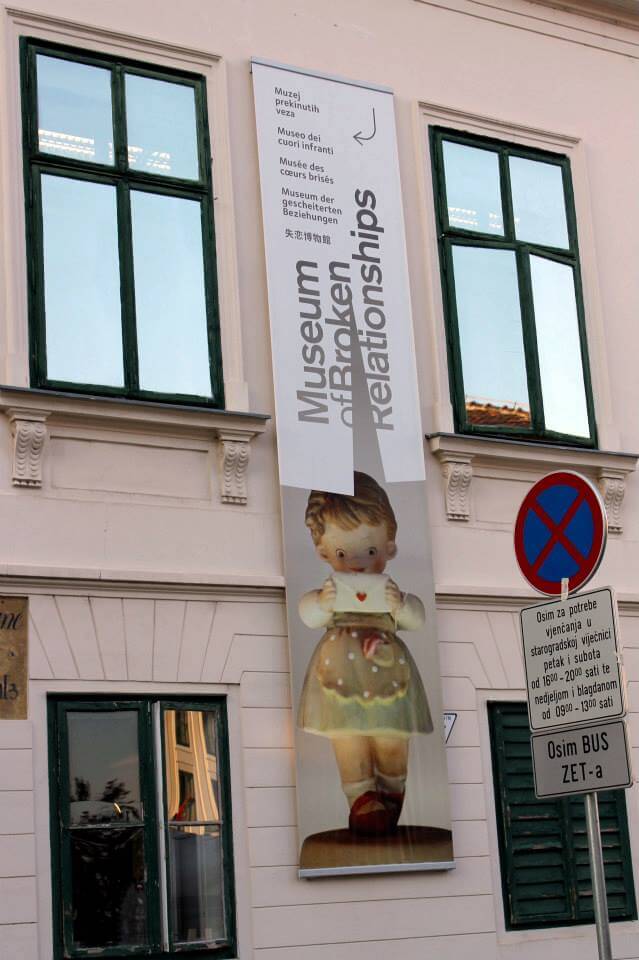
If you are visiting during the summertime, the weather is warm day and night, which brings many festivals and gatherings to the public spaces. While there are many internationally famous artists that visit Zagreb for paid concerts, we happened upon a live band playing a free concert in the center of a city park, apparently a frequent occurrence during the Croatian summer.
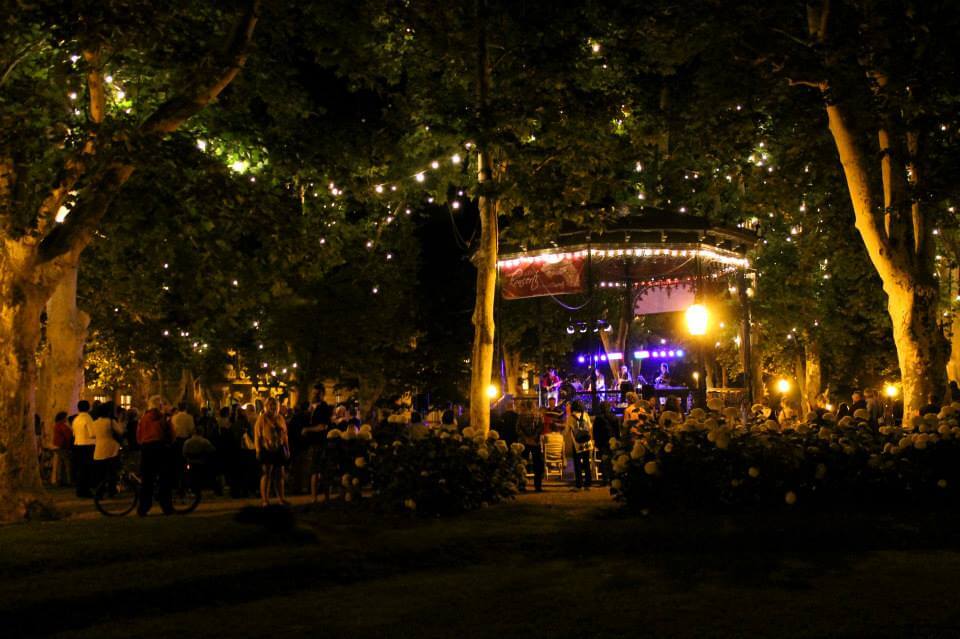
Also, you can find tons of super cool street art throughout!
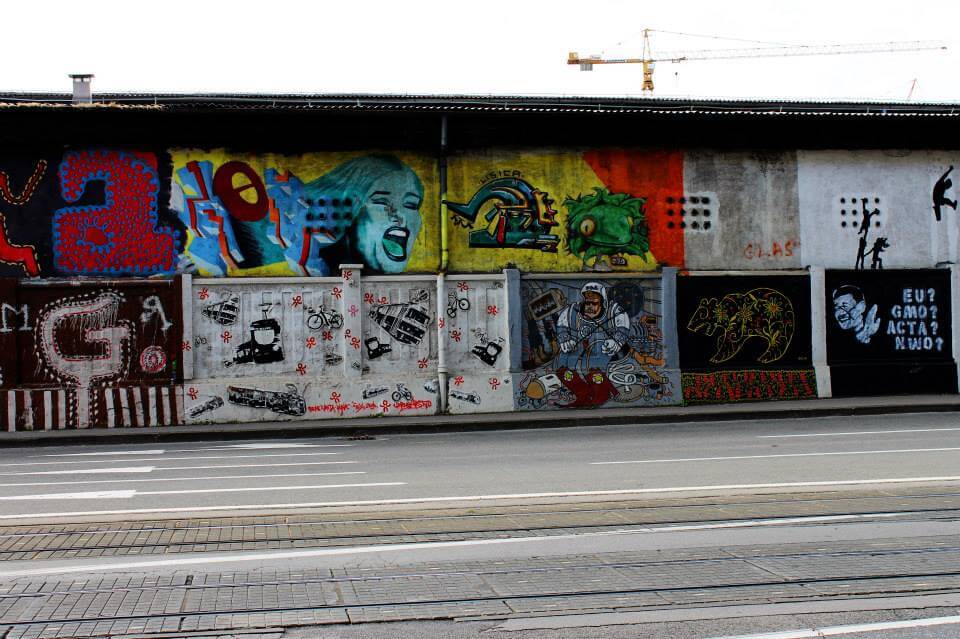
And lastly, make sure you check out the various markets they have available. Outside the train station there was a women selling the smallest and most delicious strawberries I’ve ever had in my life! But they were so good, and SO cheap!
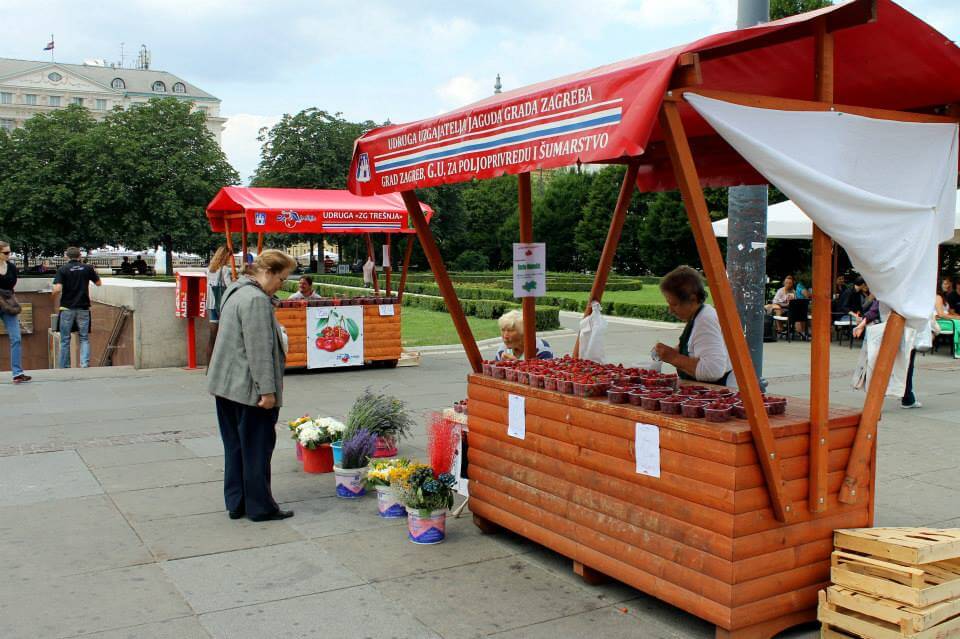
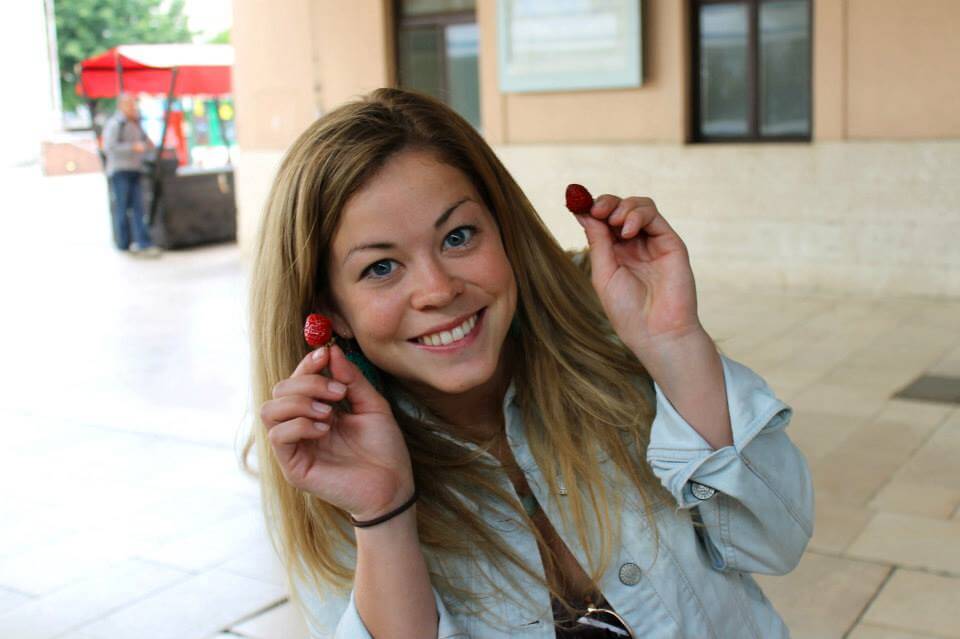
[Wikipedia], [Zagreb.com], [Lonely Planet]
